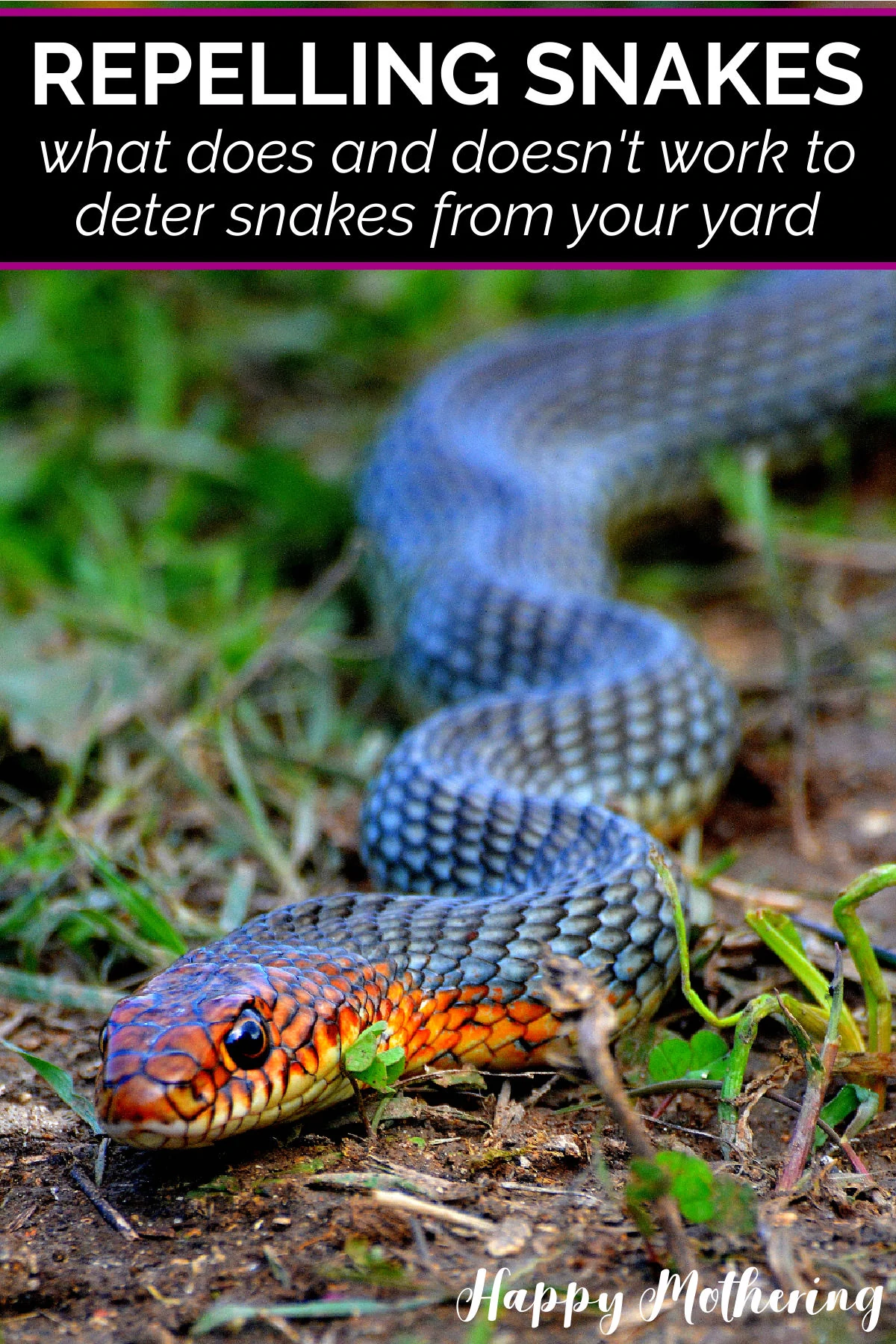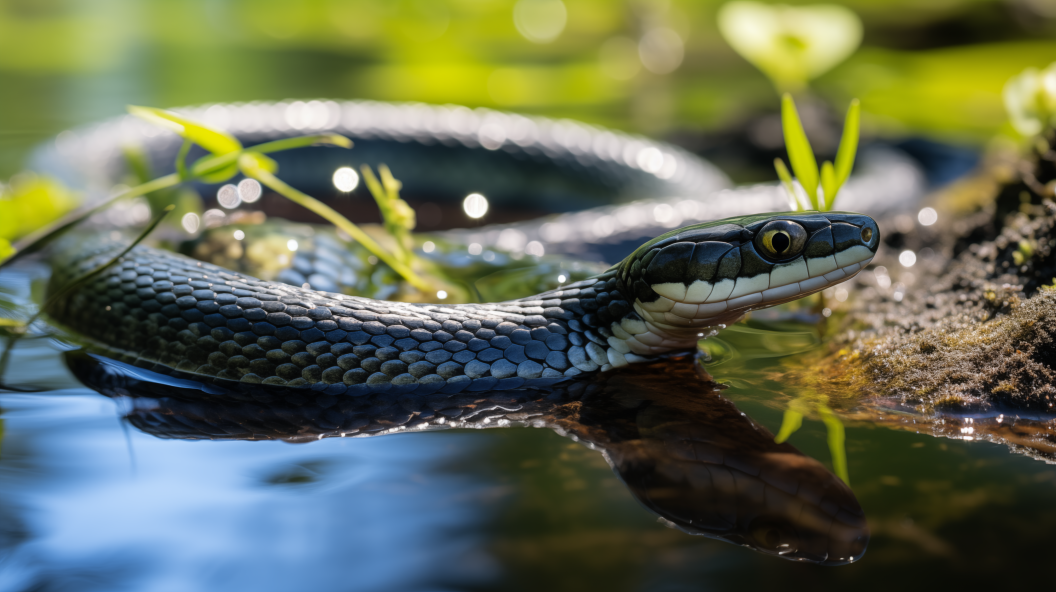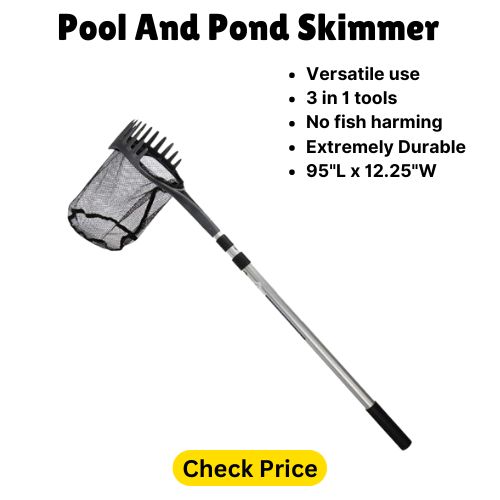Welcome to our guide on how to keep snakes out of your pond! Snakes can be a common nuisance for pond owners, but fear not, there are several effective strategies you can implement to deter them from making your pond their hangout spot. Let’s dive into some practical tips to help you maintain a snake-free pond environment.

Credit: www.happy-mothering.com
1. Secure Pond Perimeter
One of the first steps in preventing snakes from entering your pond is to secure the perimeter. Check for any gaps or openings in fences, walls, or barriers around your pond where snakes can slither through. Seal off these entry points to minimize the chances of snakes gaining access to your pond area.

Credit: www.livingwateraeration.com
2. Remove Hiding Places
Snakes love hiding in cluttered and overgrown areas. Keep your pond surroundings tidy by removing piles of debris, rocks, and dense vegetation. By eliminating potential hiding spots, you make your pond less attractive to snakes seeking shelter.
3. Install a Snake Fence
Consider installing a snake-proof fence around your pond to serve as a physical barrier against unwanted snake visitors. Snake fences are typically made of mesh or wire with a design that prevents snakes from slithering over or under them. This can be an effective long-term solution to keep snakes at bay.
4. Use Natural Snake Repellents
There are natural repellents that snakes find unpleasant and will steer clear of. Some options include spreading a mixture of cinnamon or clove oil around the pond perimeter, as snakes dislike the smell. You can also plant certain snake-repelling plants like marigolds or lemongrass near your pond to deter them.
5. Keep the Pond Area Well-Lit
Snakes are nocturnal creatures and prefer dark, shadowy areas. By keeping your pond area well-lit during the night, you make it less inviting for snakes to roam around. Install outdoor lights or solar-powered lamps to illuminate the pond surroundings and discourage snakes from venturing close.
6. Regularly Inspect the Pond
Make it a habit to regularly inspect your pond for any signs of snake activity. Look for shed snake skins, tracks, or droppings near the pond area. Early detection can help you address a potential snake problem before it escalates.
7. Introduce Predators
If you have a persistent snake issue, consider introducing natural predators that prey on snakes, such as certain bird species or non-venomous snake species that are not a threat to your pond ecosystem. These predators can help keep the snake population in check.
8. Maintain a Balanced Ecosystem
Keeping your pond ecosystem balanced can also contribute to deterring snakes. Ensure that your pond has a healthy fish population, as fish are not only visually appealing but can also serve as a natural deterrent to snakes looking for an easy meal.
9. Seek Professional Help
If you’re dealing with a persistent snake problem that you’re unable to manage on your own, don’t hesitate to seek professional help. Contact a wildlife expert or pest control service experienced in dealing with snake-related issues to assist you in resolving the problem effectively.
Conclusion
By following these tips and implementing preventive measures, you can significantly reduce the likelihood of snakes invading your pond. Remember that creating an unwelcoming environment for snakes is key to keeping them at a distance. Stay vigilant, maintain a well-kept pond area, and take proactive steps to deter snakes from making your pond their home.
Thank you for reading our guide on how to keep snakes out of your pond. We hope you found these tips helpful in maintaining a snake-free pond environment. Wishing you success in keeping your pond safe and enjoyable for all its inhabitants!





